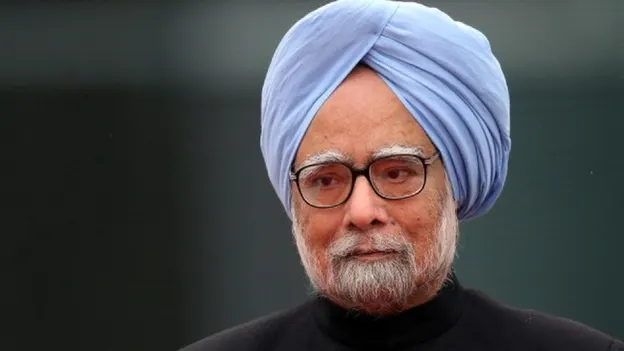Manmohan Singh, a significant figure in India’s economic narrative, is renowned for his crucial role in reshaping the country’s economy. He is the only Indian to have held the positions of Governor of the Reserve Bank of India, Finance Minister, and Prime Minister, making his contributions unique. His time as Finance Minister in the early 1990s was a watershed moment, as he implemented extensive economic reforms that liberalized India’s economy and set it on a trajectory of rapid growth.
Singh’s intellectual prowess and practical approach to policy-making garnered him respect both at home and abroad. His leadership during the 1991 economic crisis, when India faced a dire balance of payments situation, was vital in stabilizing the economy and integrating it into global markets. The reforms he advocated dismantled the license raj, deregulated industries, and overhauled taxation and trade policies, establishing the groundwork for India’s economic revival.
As Prime Minister, Singh persisted in promoting economic and social reforms, including the introduction of the Mahatma Gandhi National Rural Employment Guarantee Act (MGNREGA) and the Right to Information Act (RTI). His vision and policies have profoundly influenced India’s economic landscape, securing his place as a respected figure in Indian history.





